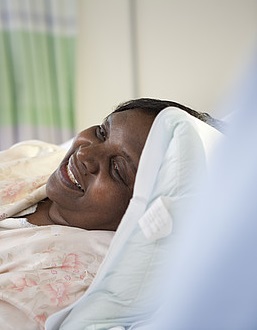On-call scenario 9: Sources
You might have thought about sources such as these:- SmPC via emc or MHRA
- Renal Drug Database
- Martindale (if you have access)
- Micromedex or UpToDate (if you have access)
- Embase and/or Medline - sometimes a helpful last resort
- Google or Google Scholar
- Your expert critical care or microbiology pharmacists (at home)
 |
| ©Crown copyright 2017 |
The SmPC also states in patients with renal dysfunction, the pharmacokinetics of ceftriaxone are only minimally altered with the half-life slightly increased (less than two-fold), even in patients with severely impaired renal function. The relatively modest increase in half-life in renal impairment is explained by a compensatory increase in non-renal clearance, resulting from a decrease in protein binding and corresponding increase in non-renal clearance of total ceftriaxone.
The licensed dose in severe infections is 2-4g daily given normally as a once daily dose, and the SmPC confirms that administration of cephalosporins may result in convulsions.
The Renal Drug Database advises that doses used in continuous arteriovenous/venovenous haemodialysis (CAV/VVHD) patients can be used in CVVH and continuous arteriovenous haemofiltration (CAVH) patients, bearing in mind that drug clearance in CAV/VVH might be lower. For CAV/VVHD the recommended dose is 2 g every 12–24 hours. The reference is a 2005 review paper. Protein binding is 85-95%.
You are reassured by what you have found so far but are concerned about the relatively high degree of protein binding of ceftriaxone.
You remember that drugs that are highly protein bound are less likely to be removed by haemofiltration. Now what would you do? You take a look at Martindale which doesn’t give any advice about dosing in haemofiltration. It does, however, mention that levels of ceftriaxone can be measured to assess whether dose adjustment is needed.
You think about ringing your critical care pharmacist at home but because of the time of night you try Google first. You know you need to be careful about using this on-call. Your search brings up a couple of papers, including a small clinical study.
Have a think about what you would do next. How would you advise the consultant?
You are reassured by what you have found so far but are concerned about the relatively high degree of protein binding of ceftriaxone.
You remember that drugs that are highly protein bound are less likely to be removed by haemofiltration. Now what would you do? You take a look at Martindale which doesn’t give any advice about dosing in haemofiltration. It does, however, mention that levels of ceftriaxone can be measured to assess whether dose adjustment is needed.
You think about ringing your critical care pharmacist at home but because of the time of night you try Google first. You know you need to be careful about using this on-call. Your search brings up a couple of papers, including a small clinical study.
Have a think about what you would do next. How would you advise the consultant?
Once you've arrived at your own conclusions, click Next Page to see some thoughts from us.







